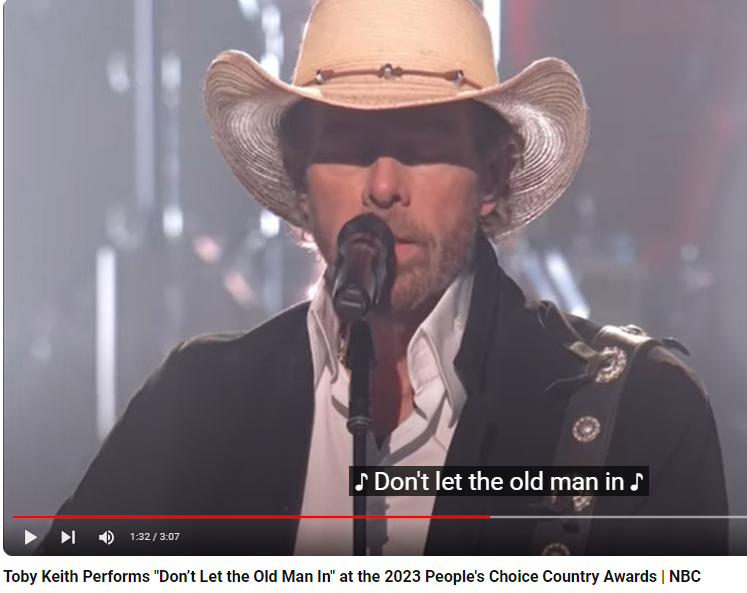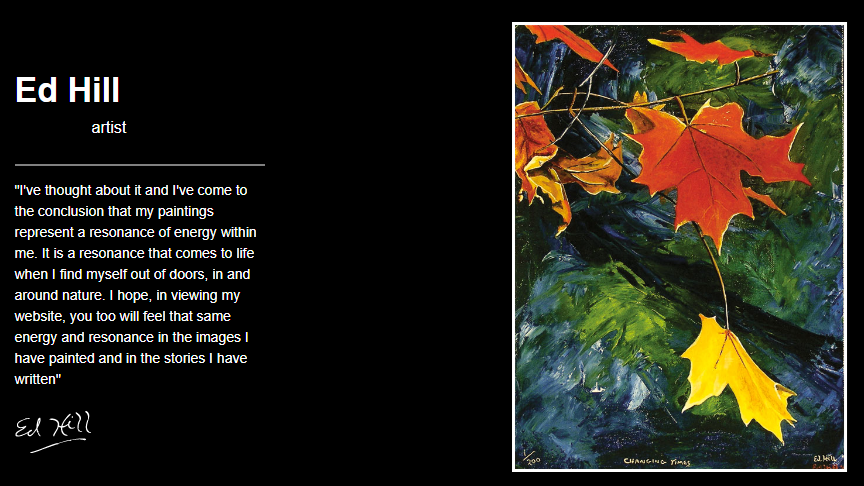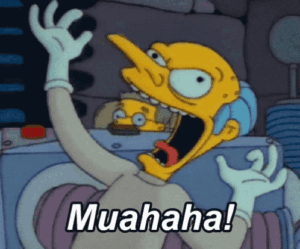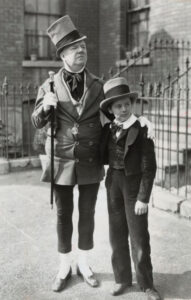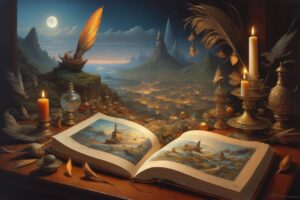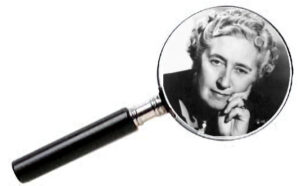
I specialize in murders of quiet, domestic interest. –Agatha Christie
* * *
Agatha Christie is the best-selling novelist of all time. Her sales are exceeded only by the Bible and the works of Shakespeare. According to her website at agathachristie.com, “She is best known for her 66 detective novels and 14 short story collections, as well as the world’s longest-running play – The Mousetrap. “
Agatha Christie’s books have sold over two billion copies worldwide!
Given Ms. Christie’s extraordinary success, it might be a good idea to see if we can discover some of her secrets.
* * *
A few years ago, I watched a documentary entitled “The Agatha Christie Code” (available on Youtube) in which researchers examined various aspects of Christie’s writing. These researchers included
Dr. Richard Forsyth, Research Fellow in Applied Linguistics at the University of Warwick
Dr. Pernilla Danielsson, Academic Champion of Communications at the University of Birmingham
Dr. Marcus Dahl, Research Fellow at the School of Advanced Study – London University
They used computer technology to analyze Christie’s work, and they found interesting patterns in her stories that may give us a clue as to why she’s so popular.
Word Choices
Christie used simple language in her books, so readers were free to focus on the plot rather than the language. For example, the researchers found she used “said” often in an attribution rather than other words like “responded” or “answered.”
Christie also often repeated words within a short section of prose – something I’ve been warned against. Here’s an example from the novel Sad Cypress that was used in the video. (My notations in red.)
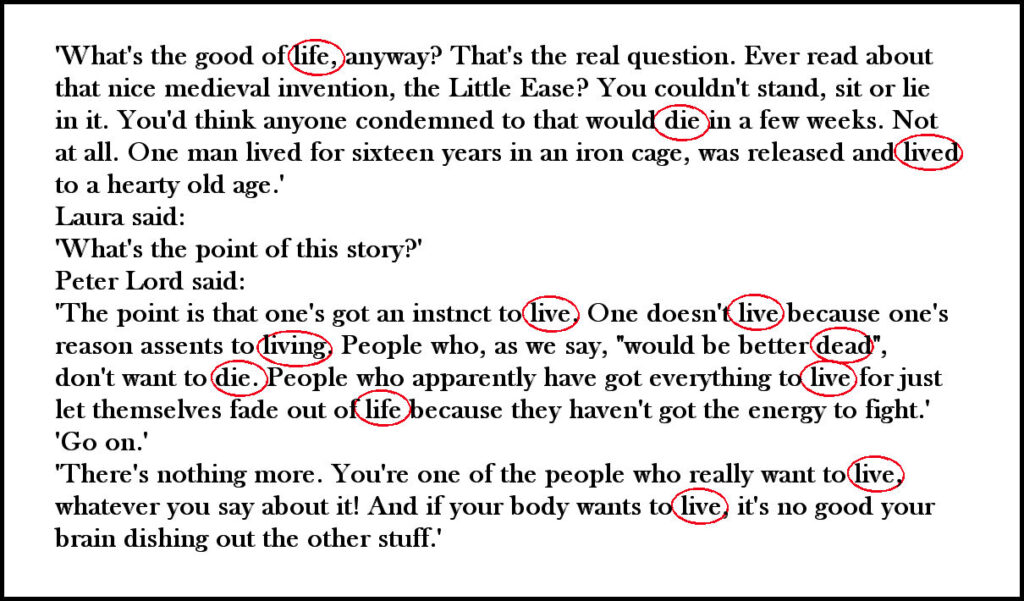
The researchers thought the repetition cemented the information in the reader’s mind. My editor would probably faint if I sent something like that to her, but maybe we should rethink the multiple uses of a word in a short section of prose.
Verbal Structure
The most interesting part of the video for me was when one of the researchers evaluated Christie’s works on the three criteria of
- Word length
- Word frequency
- Sentence structure
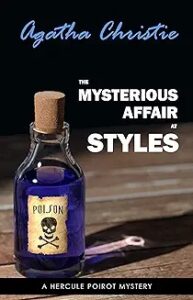 Dr. Danielsson plotted information about these aspects on a three-dimensional graph and plotted the same criteria from Arthur Conan Doyle’s works on the same graph. Christie’s books exhibited a consistency shown visually by her plotted points being clustered together while the points of Doyle’s stories were spread farther apart indicating his works were more dissimilar when compared to each other. This indicated that Doyle’s style had changed through the years while Christie’s had remained remarkably consistent.
Dr. Danielsson plotted information about these aspects on a three-dimensional graph and plotted the same criteria from Arthur Conan Doyle’s works on the same graph. Christie’s books exhibited a consistency shown visually by her plotted points being clustered together while the points of Doyle’s stories were spread farther apart indicating his works were more dissimilar when compared to each other. This indicated that Doyle’s style had changed through the years while Christie’s had remained remarkably consistent.
Plot
Christie’s mysteries almost always create a world where
- There is a dead body
- A closed group of suspects are introduced
- A detective (either professional or amateur) is a character
- Red herrings are spread throughout
- There is a denouement scene where the detective identifies the murderer and brings closure to the story.
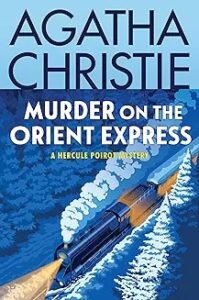
Some critics claim Christie wrote the same story over and over, but that’s not fair. For example, The Murder of Roger Ackroyd, Murder on the Orient Express, and And Then There Were None introduced novel twists to the standard murder mystery although they used a typical Christie template.
However, this general structure reassures the reader that there will be a logical puzzle that will be solved in the end, and that contributes to the sense of satisfaction.
Characters
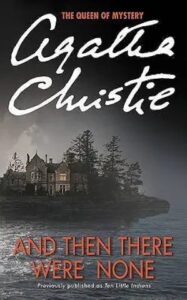 While some famous characters appear in multiple books and are popular with the reading public (e.g., Hercule Poirot, Miss Marple, Captain Hastings), the number of characters in each novel may be just as important. This prompted an interesting theory by David Shephard, Master trainer in Neuro-Linguistic Programming.
While some famous characters appear in multiple books and are popular with the reading public (e.g., Hercule Poirot, Miss Marple, Captain Hastings), the number of characters in each novel may be just as important. This prompted an interesting theory by David Shephard, Master trainer in Neuro-Linguistic Programming.
Mr. Shephard pointed out that people have a limited focus and a conscious mind can only concentrate on five to nine things at a time. When presented with more information than that, a person will enter a sort of hypnotic trance.
Since Christie’s stories often have more than nine characters and several plot lines, Shephard thinks the reader’s mind can’t handle the overload of information, so he/she begins to “feel” the book rather than just think about it. This emotional connection makes readers want to return to Agatha Christie’s books again and again.
I’m not sure I can buy that explanation, but it’s very interesting and makes me think I should count the characters in my future books to see if I can put my readers into a trance.
Content & Style
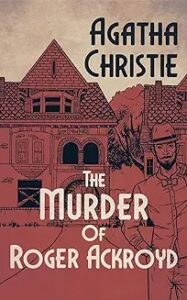
As we all know, Agatha Christie’s mysteries contain no explicit sexual scenes and no explicit violence. So why do so many readers still buy her novels? Readers of Christie’s books know there will be a logical solution to the murder, the killer will be caught, and the clues are all available to solve the mystery.
David Suchet, who played the part of Hercule Poirot in the television series Agatha Christie’s Poirot, compared Christie’s books to sudoku puzzles. He believes readers enjoy the books because they’re completely absorbed in figuring out the solution to the puzzle.
Length
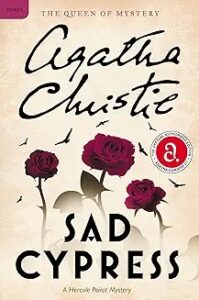 Although I found a site with the number of pages in each of Agatha Christie’s novels, I only found a reference to the word count on https://thewritepractice.com/word-count/. That site had an article that states Agatha Christie’s mystery novels average between 40,000 and 60,000 words. That’s a little short for most novels today, but it could explain why people found them easy to read.
Although I found a site with the number of pages in each of Agatha Christie’s novels, I only found a reference to the word count on https://thewritepractice.com/word-count/. That site had an article that states Agatha Christie’s mystery novels average between 40,000 and 60,000 words. That’s a little short for most novels today, but it could explain why people found them easy to read.
Pacing
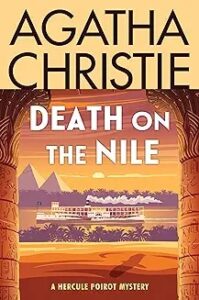
Agatha Christie controlled the speed at which her books were read by laying out more descriptive passages at the beginning, but picking up the pace of the story as it progressed. Hypnotist Paul McKenna had an interesting take on this. He felt her particular pattern of writing caused certain brain chemicals to be released, resulting in a sort of addiction in the readers. This theory goes a little beyond my pay grade, but I do think picking up the pace is a technique that works well in mystery writing.
* * *
So there you have it. While I’m sure there are other reasons for her success, these aspects of Agatha Christie’s writing are worth considering.
* * *
So TKZers: Have you read many of Agatha Christie’s books? Why do you think they’re so popular? Have you viewed “The Agatha Christie Code” video? Is there anything you think we can glean from the data in this post that will help with our own writing?
* * *
 “Very few of us are what we seem.” –Agatha Christie
“Very few of us are what we seem.” –Agatha Christie
Private pilot Cassie Deakin lands in the middle of a mystery and discovers things are not always what they seem.
Buy on Amazon, Barnes & Noble, Kobo, Google Play, or Apple Books.

 Gather round for another of our first-page critiques. The genre is Mystery. My comments to follow.
Gather round for another of our first-page critiques. The genre is Mystery. My comments to follow.

